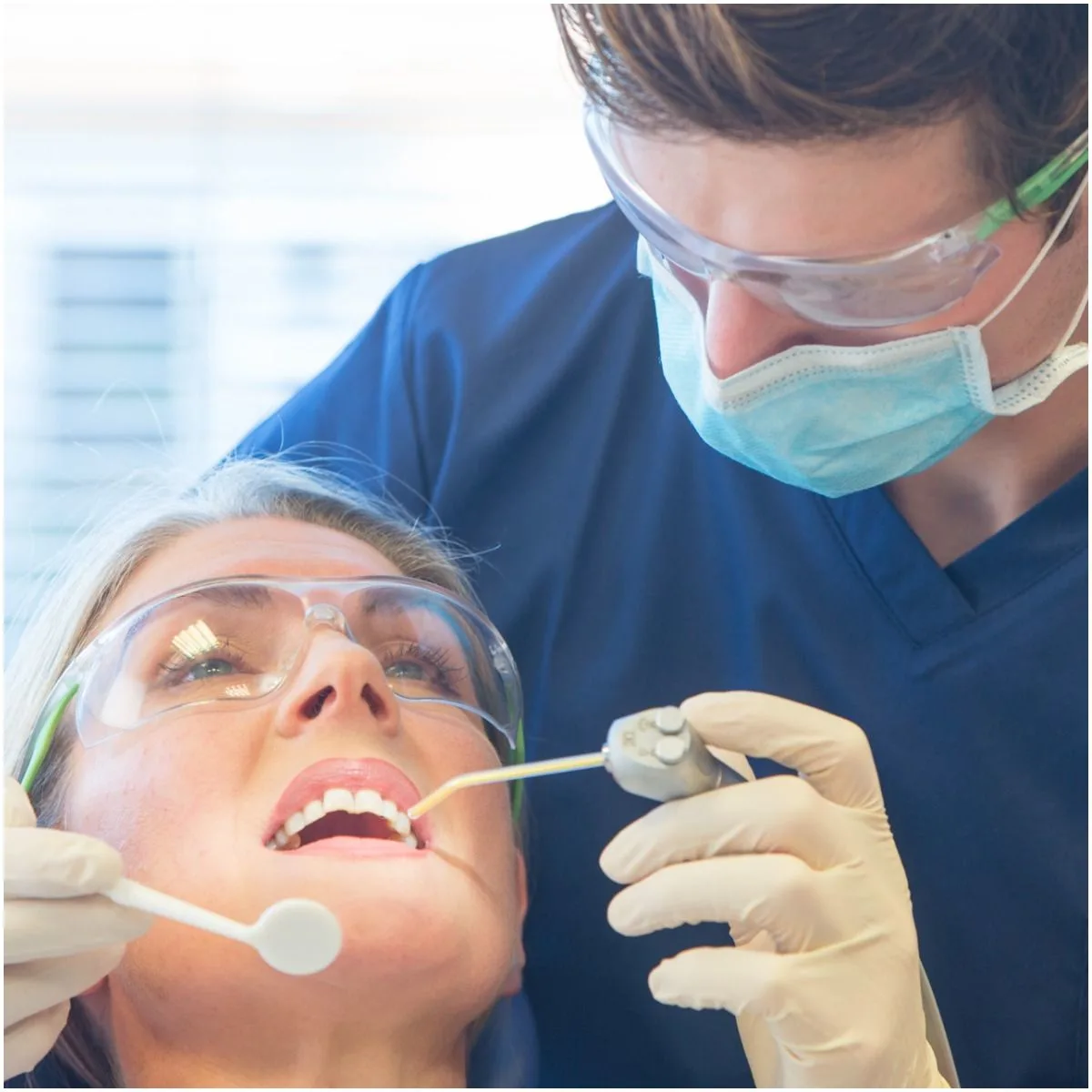Tooth extraction is no mean feat. However, it is still a surgical intervention that requires time and care for your body to heal properly.
Any surgical procedure, dental or otherwise, is an attack on your immune system and bodily defenses.
With any injury, our body goes into recovery mode.
Our immune system ramps up in order to fight any incoming bacteria through the wound site and cells need to proliferate in order to close the wound.
This takes its toll and requires nutritious food and lots of rest in order to heal correctly.
If attention is not paid to the healing process, then we run the risk of infection, scarring, and long-term complications.
Tooth extraction can seem a small procedure on the face of it, but as these areas are directly plumbed into our bloodstream, infection and serious complications can be a very real factor.
Exercise is an area that would seem straightforward, but we need to consider what our body is going through before we hit a 10k in the gym afterwards.
Things you will need to consider before going back to exercise:
#1 You are healing

@Getty
In order for us to heal quickly and properly, the area needs rest and relaxation.
The teeth do not need movement to heal like a strained muscle would, so please be careful with your mouth for the time being.
Make sure foods are not rough and difficult to chew. Smoother foods and soups would be a good idea at least for a few weeks. Anti-bacterial mouthwash is a useful tool to keep the area clean and reduce the risk of infection.
Also, the mouth is wet for a reason, saliva is protecting the delicate tissues in this area. After wisdom tooth extraction a clot will form over the area.
This needs to be kept wet, because if it moves, this can expose bone and nerve endings and bring with it a tidal wave of pain.
The exertion and heavy breathing during intense exercise can dry out the area and allow for bacteria to grow or this clot to move. So staying rested and hydrated is really important!
ALSO READ: Why do I get nauseous at night?
#2 You will be in pain
Whether our body is damaged by trauma or planned surgery, the response is the same.
The immune system produces prostaglandins, which inflame the area to protect it, but this also comes with heat and pain.
This is a huge response for your immune system to put into action, so exercising straight away will put unnecessary stress on an already heightened immune system.
Local anesthetics will also numb the area, which is great for pain relief, but it could lead to unknowingly injuring yourself through accidentally biting the inside of your mouth and lips. Which would end up in further oral trauma to add to the extraction wound.
If you are taking painkillers to dull the beating ache in your jaw, this is also another reason why holding off on exercise can be a good idea.
If you need to take more painkillers due to exercising too early, this may actually hinder the healing process. Studies on taking ibuprofen before exercise, have shown that it can cause damage to the stomach lining due to reduced blood flow.
Also, around the surgical area, fever is produced by swelling and it is one of the body’s main ways to kill bacteria, so we don’t want to stop that response in its tracks.
Taking the right number of painkillers and resting will be more beneficial to you in the early stages of recovery than hitting the gym and paying for it later.
ALSO READ: Does Creatine Make You Bloated?
#3 Blood Pressure
After any surgery, our blood pressure plays a huge part in regulating the healing in that area.
Stitches and wounds are fickle things and require care for the first few weeks, to ensure they don’t get damaged in any way.
If exercise is too intense too early on in this process, then we are at risk of raising our blood pressure.
Pressure will find the weak spot in the system and potentially burst the stitches and send us on a trip to the ER without a backwards glance.
If you want to ensure that you don’t cause a scene in the gym that looks like something from a horror movie, keep that blood pressure low and watch it at home on your favorite, popular streaming service.
Overall, it depends on the patient and the type of extraction you had. If it was a straightforward wisdom tooth extraction, then the recovery period will be much quicker than an impacted extraction that required bone cutting.
The general medical advice surrounding exercise post wisdom tooth extraction would be:
- Wait until your Doctor has removed you from your pain prescription to return to the gym. This takes as long as it takes for the pain to stop. So, looking after yourself and resting in the week following the procedure is a great way to speed up this process.
- Wait at least a week to return to light exercise. This does not mean running on the treadmill for an hour, even if you find that easy. This means stretching, slow swimming, or walking.
- For the next few weeks, keep an eye on your recovery. If you are fully healed, then a return to your normal routine is fine. But if you are still experiencing pain and swelling hold off until you are fully recovered.
As always, if you experience anything that is of concern or you feel is not right, always consult your Dentist or Doctor immediately.
ALSO READ: Why do my ears hurt when I run?
